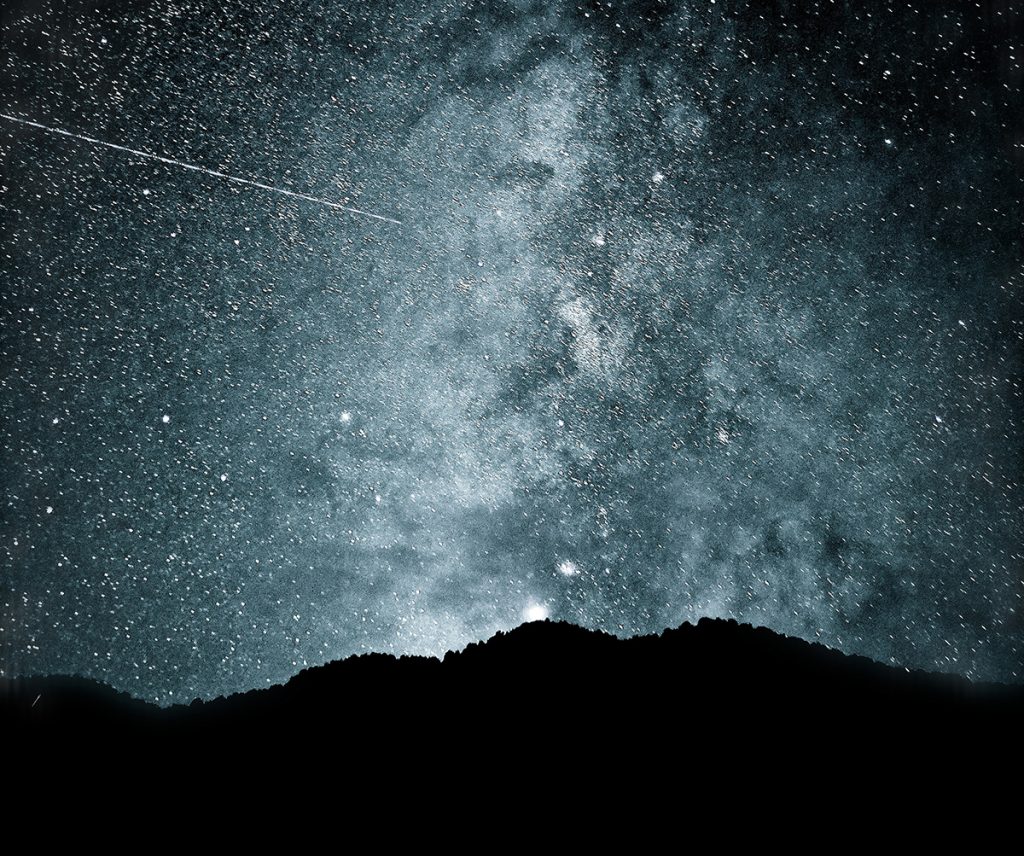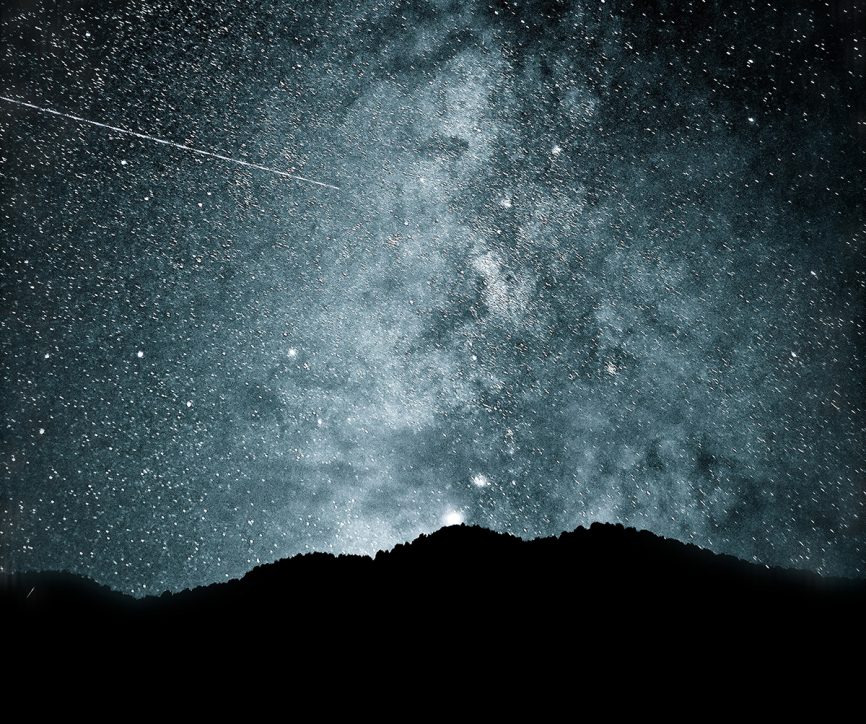On her podcast, On Being, journalist Krista Tippett interviewed astronomer Dr. Jill Tarter about her work searching for life on other planets. Jill was the inspiration for the main character, Dr. Ellie Arroway, in the 1997 movie Contact staring Jody Foster.
During the interview, I was struck by thinking of ourselves as “earthlings.” While not the first title we think to apply to ourselves, Dr. Tarter suggests that understanding ourselves as earthlings might just save the world.
She says, “[This cosmic exploration] has the philosophical equivalence of holding up a mirror to every individual on this planet and saying, ‘See, all of you? You’re all the same, when compared to something out there that had evolved independently.’ And so I really like the potential of SETI (her organization) for changing people’s perspective and trivializing the differences among humans — differences that we’re so willing to shed blood over when, indeed, we are all human. We are all earthlings. We are all the same, compared to something else. And if you see yourself as an earthling before you see yourself as a Californian, then I think that sets the stage for tackling really difficult challenges on a global scale.”

For eight days now we have seen terror and heartbreak unraveling in Ukraine. Russia is invading Ukraine in an unprovoked attack, destroying the lives of millions of people. The US and European allies are tripping themselves up with identity and responsibility. “You are a member of NATO; you are not.” “You are part of the EU; you are not.” Our definitions of belonging are falling flat in the face of human tragedy. When innocent people are dying, who cares who is part of a particular club or not? Surely we can be more creative.
Humans have always had this challenge. We want to draw bounded lines to define ourselves and our people. We use land, heritage, skin color, gender, class, age, sex, religion, orientation, and privilege of all kinds to declare who matters and who doesn’t.
But our boundaries never hold because they were never honest or true. In the very first book of our bible, we read that God created all that exists. At the end of each day, God looked at God’s creation and said, “It is good.” On the sixth day, God looked at the sum total of all that exists and said, “It is VERY good” (Genesis 1:31). All that exists belongs—everything is connected. Everything is One.
As we venture into Lent, a season of inner reflection and contemplation of our sacred walk with God, our invitation is to consider how we have drawn lines of exclusion in our attempt to feel safe, protected, and secure. We must be careful not to shrink our world at the sacrifice of its vast connection and interdependence. To do so is to live in illusion and fall prey to cycles of false power and violence.
I appreciate Dr. Tarter’s imagery to scale and connection because she invites us to broaden our vision of reality. She is asking us to see ourselves at the level of Earthling – the label we ALL have in common – to highlight that we are more the same than different at that scale. Our divisions are useless at that scale. None of us can claim exceptionalism or exclusion. At the scale of the Cosmos, we are all Earthlings. We all belong to one another.
Today, I invite us to hold the idea that 13.8 billion years ago, the cosmos birthed us all. We might tell the story this way: God said, “Let us create humans in our own image,” and from the stardust of a wild and wonderful cosmic collision, we were born. And God said, “Ah, yes, we shall call them earthlings, because they are ALL made of the stars and hold the beauty of all creation within them.” And God looked upon creation and smiled. It was good.


